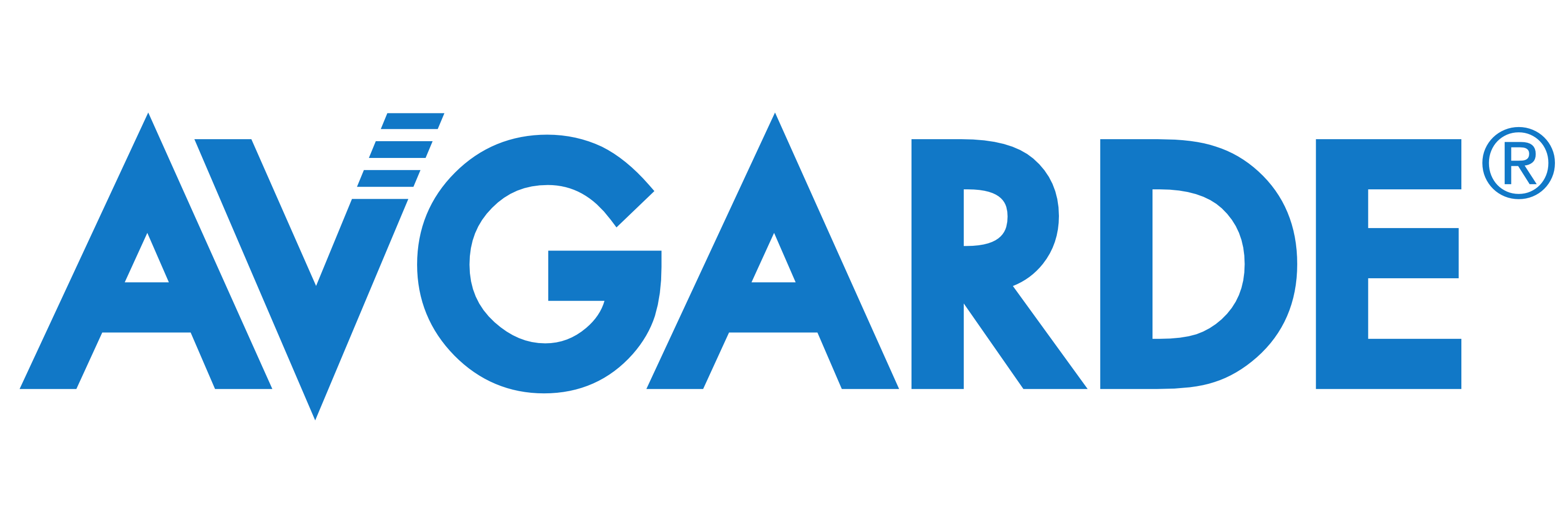It’s one task to find somebody to engage in your company. Managing that connection once it’s developed, on the other hand, is a whole different can of worms.
After all, no buyer will give you cash for your company and then disappear. It’s up to you to maintain your investors’ faith in your abilities to run and expand your company.
While this may be a straightforward task, handling investor relations properly can greatly affect your company. This article will take a deep dive into corporate communications and the necessity to find business investors online.
Understanding the Significance of Investor Relations
- The Ability to Find Small Investors Is Contingent on Excellent IR Management
The ability to find small investors for your company is contingent on excellent IR management. Almost every firm you’ve ever known of has at some stage taken on investors. They would have had no resources to finance their ambitions if they had misplaced (or never found) those sponsors.
On the other hand, investor relations aren’t just crucial since you need money. It’s also significant because your firm’s profitability is what your investors care about. Given that you’re also interested in it, there are numerous factors to comprehend their viewpoint.
To summarise, “liquid” finances are cash or marketable securities that can be quickly spent. As a result, your organization’s liquidity is determined by the amount of cash you have available to invest. In the long term, money that simply exists on paper will not go far.
Effective investor relations assure that you have enough cash to pay off your debts, at the very least. Liquidity, of course, isn’t simply about hanging by. It also allows you to grow faster while staying inside your plan. However, you won’t be able to do so unless you can locate investors.
In short, solid partnerships with actual and prospective investors ensure that your company has the financial resources to invest in attractive prospects and find angel investors free.
The easier and more affordable it is to raise funds, the greater your access to cash is. Access to finance can spell the difference between winning and losing for entrepreneurs. After all, the speed with which you can raise funds for your small company is determined by your ability to locate investors.
Furthermore, increasing your company’s access to financing through IR makes it a more appealing investment. As a result, strong IR feeds back on itself and has become a crucial financing instrument for your company.
Private investors, for example, will be more interested in your company if they believe you can obtain the necessary funds.
In IR, it’s critical to promote openness for investors and discuss significant financial factors. This is easier because authorized investors will assess your company based on specified indicators.
Investors will be hesitant to invest if you cannot improve communication with them about your firm. You can draw attention and praise to your company if you can engage in a manner appropriate to investors’ preferences.
This good attention will help boost your company’s reputation. Customers will notice that you are backed by actual investors whenever they assess your goods and services.
- Aiming for a Fair Assessment
The goal of fair financial analysis is among the most basic functions of investor relations. By “fair valuation,” it is implied that the company’s worth is determined by its foundations.
This is one of the most difficult responsibilities for public organizations. Today, global events and local papers affect public business valuations by millions. Even for tiny enterprises, obtaining an accurate assessment is difficult.
You’re more likely to acquire a realistic price if you keep investors informed about all factors.
- Managing Investor Relations Correctly
Investment management isn’t something that can be completed at any time. It’s something you’ll be in charge of as long as there are investors.
However, as you can see, successfully managing investment management has a lot of advantages for your company. Knowing your market is the first step in establishing investment management right.
Improve Your Investor Relations with These Techniques
As you’ve seen, better investor relations can open the door to a slew of new opportunities for your company. Investor relations, like any other sort of interaction, can always be improved.
Of course, knowing a few skills and techniques is advantageous. Here are a few ways to strengthen investor relations.
- Ascertain that they are Familiar with Volatile Markets
Investors want to prevent wasting their money above everything else. Even if you manage a highly successful company, there will be ups and downs.
These changes are unavoidable. As a result, you must understand and manage investor relations in difficult economic times. The good news is that you have a fresh and new viewpoint as an expert in your sector and business.
By sharing your viewpoint, you can comfort investors and explain why changing markets aren’t a cause for concern. Similarly, you should make certain that investors are aware of changing markets about the volume and timeliness of your funding requirements.
- Encourage the Board to Participate
The board of directors’ job is to keep an eye on your company’s operations. The board, however, is not involved in day-to-day activities, unlike you, the business person. This provides board members with a unique view of the company objectives of your organization.
As a result, when board members participate, your investors gain access to additional unique information. Furthermore, by including members of the board in IR, your investors will be able to identify who is participating in your company’s governance.
As previously said, investors value the individuals who lead your company as much as any financial indicator.
- Allow Information to Flow
Change is perennial in business, as you are aware. As a result, maintaining a steady supply of pertinent information is crucial for investor relations.
The Securities and Exchange Commission (SEC) requires many financial reports every month if you manage a public firm. As a result, public corporations are compelled to offer information to their shareholders.
Regardless of whether your business is public or private, you must disclose more information than the basic minimum to the investors.
If you cannot handle this on your own, you should recruit or appoint someone who can. The increased liquidity and capital availability will justify the recruiting cost.
Conclusion
You have to do what you think you’re going to do to create a relationship and trust. Investor relations are the same way.
Investors will have faith in you if your company routinely accomplishes its financial targets. When you provide new chances and estimates to your investors, they will be more responsive to your ideas.
There is, nevertheless, a delicate balance to be struck. While it’s important to reach your goals, you don’t want to overestimate your estimates. You’ll have a hard time attracting new investors if you don’t. Your existing investors will also ask if you’re doing just enough to create growth.



 How to7 years ago
How to7 years ago


 More4 years ago
More4 years ago


 More6 years ago
More6 years ago


 Interview4 years ago
Interview4 years ago


 Other Internet Tech6 years ago
Other Internet Tech6 years ago


 More6 years ago
More6 years ago


 Business Ideas6 years ago
Business Ideas6 years ago










